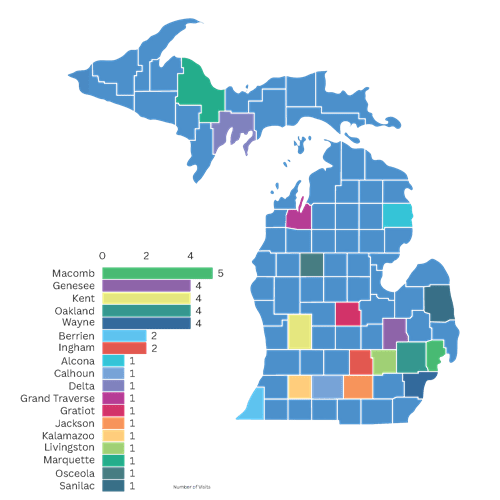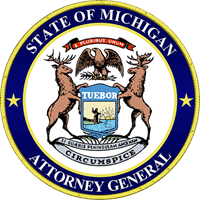The web Browser you are currently using is unsupported, and some features of this site may not work as intended. Please update to a modern browser such as Chrome, Firefox or Edge to experience all features Michigan.gov has to offer.
Sentinel Project
Sentinel Project
Designed to Protect Vulnerable Adults
The Sentinel Project lives within the Health Care Fraud Division (HCFD). The project follows the division’s mission of combatting abuse and neglect of all vulnerable adults. This project focuses on vulnerable adults in long-term care settings.
Long-term care settings include:
- Skilled nursing facilities;
- Assisted living facilities; and
- Adult foster care homes.
Specially trained investigators look for evidence of abuse or neglect. They develop a case and follow it through to trial.
The team collaborates with:
- Licensing and Regulatory Affairs;
- Long Term Care Ombudsman; and
- Local police agencies.
The Process and Impact
The Sentinel Project is alerting the nursing home industry of the Attorney General’s focus. And, of the legal penalties that may come for failing to care for our elderly.
Most staff are doing their best to provide the greatest care. However, some facilities may still have challenges that could lead to regulatory and/or criminal violations.
Our goal is four-fold.
- Ensure facilities improve their operations and quality of care.
- Bring awareness and educate facilities about gaps in care.
- Prevent adverse events from happening.
- Improve the physical and mental well-being of residents.
This ensures our loved ones receive the best care possible now and in the future!
What Factors We Consider
Each visit is customized based on the complaint they received. They also consider:
- the complaint source;
- Licensing and Regulatory Affairs survey citations;
- Facility incident reports; and
- Past complaints against the facility.
The investigative team also considers:
- staff to resident ratios;
- staffing;
- medical equipment used for transfers;
- medication;
- controlled substances; and
- wound care management.
Observations
- COVID-19 was a significant driver in staff burnout.
- Long hours due to being significantly short staffed and low wages directly impacts the quality of care.
- Morale distress factors into staff burnout. This happens when nursing staff are unable to provide the care their residents need due to other constraints. Such as unavailability of supplies or equipment, mandated overtime, and temp staff.
Concerns
Sentinel visits revealed the following concerns:
- Wound treatments not being handled as prescribed.
- Medication being unavailable.
- Medication being administered incorrectly.
- Briefs not being changed for a long time.
- Showers not happening on a regular basis.
- Calls for helps not answered timely.
- Short staffing. Especially on off-shifts.
- Facility maintenance issues that could lead to injuries.
- CNAs don’t complete jobs assigned to them.
- Possible drug diversion.
- Lapsed nursing license or CAN certification.
- Improper documentation of controlled substances being given out.
- Resident to resident sexual assault; and
- Lack of ongoing education on resident care procedures for nursing staff.
|
Report nursing facility abuse or neglect by phone or online: 800-242-2873 800-24-ABUSE |

